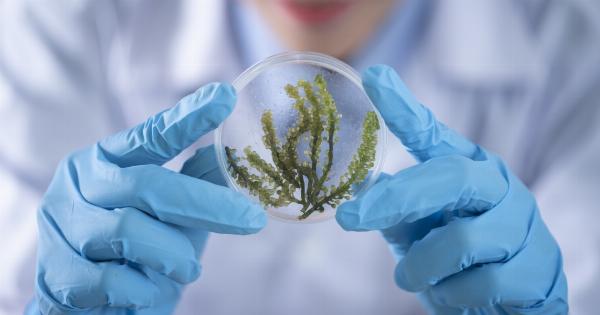Menopause is a natural biological process that occurs in women, typically between the ages of 45 and 55. It marks the end of fertility and the cessation of the menstrual cycle.
Menopause is accompanied by several physical and emotional changes due to the fluctuation in hormones, particularly estrogen and progesterone. These changes can vary from woman to woman, but it is essential to understand what to expect during this transitional phase of life.
Physical Symptoms of Menopause
One of the first signs of approaching menopause is irregular periods. They may become lighter, heavier, or occur at unpredictable intervals.
Hot flashes, night sweats, and sleep disturbances are common during menopause and can significantly impact a woman’s quality of life. Vaginal dryness, decreased libido, and urinary problems may also arise due to the hormonal changes.
Emotional and Psychological Changes
Menopause can also affect a woman’s emotional well-being. Some women experience mood swings, irritability, or increased anxiety and depression during this time.
It is crucial to seek emotional support and communicate with loved ones about the changes in your mental health. Remember, these symptoms are a result of hormonal shifts and are temporary.
Managing Menopause Symptoms
While menopause is inevitable, there are various strategies to cope with the changes in your body. Here are some tips to help you navigate this phase:.
1. Stay Active
Regular exercise can help alleviate menopausal symptoms such as hot flashes, mood swings, and weight gain. Engage in activities you enjoy, such as walking, swimming, or yoga.
2. Follow a Balanced Diet
Eating a healthy, well-balanced diet can make a significant difference in managing menopause symptoms. Include plenty of fruits, vegetables, whole grains, and lean protein in your meals.
Limit caffeine, alcohol, and spicy foods, as they can trigger hot flashes.
3. Stay Hydrated
Drink an adequate amount of water throughout the day to stay hydrated. This can help alleviate symptoms such as hot flashes and dry skin.
4. Dress in Layers
Hot flashes can cause sudden feelings of intense heat and sweating. Dressing in layers allows you to easily remove clothing when a hot flash occurs, helping you stay comfortable.
5. Seek Emotional Support
Menopause can be a challenging time, emotionally and mentally. Reach out to friends, family, or support groups to discuss your feelings and experiences. Professional counseling or therapy can also provide valuable guidance during this transition.
6. Consider Hormone Replacement Therapy
Hormone replacement therapy (HRT) is an option for some women to manage severe menopause symptoms. Discuss the risks and benefits of HRT with your healthcare provider to determine if it is suitable for you.
7. Practice Stress Management
Menopause can increase stress levels, which can worsen symptoms. Engage in stress-relieving activities such as meditation, deep breathing exercises, or hobbies that bring you joy.
8. Get Enough Sleep
Menopause can disrupt sleep patterns, leading to insomnia or poor sleep quality. Establish a relaxing bedtime routine, create a comfortable sleep environment, and prioritize consistent sleep schedules to improve sleep during this time.
9. Treat Vaginal Dryness
If you experience vaginal dryness, consider using a water-based lubricant or vaginal moisturizer to alleviate discomfort during intimacy. Discuss with your healthcare provider for further guidance or treatment options.
10. Stay Positive and Embrace Change
Lastly, remember that menopause is a natural part of life, and it signals a new chapter. Embrace the changes and focus on your overall well-being. Stay positive and explore new experiences or hobbies that bring you joy and fulfillment.




























